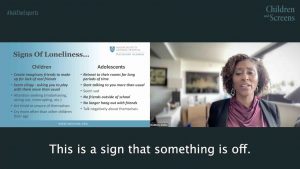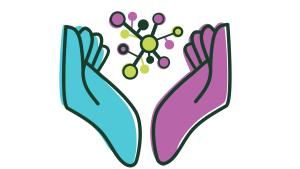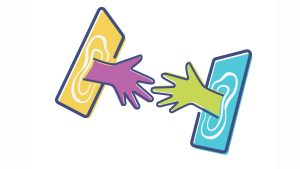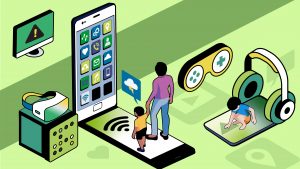
Khadijah B Watkins, MD, MPH, DFAACAP (Director, Child and Adolescent Psychiatry Residency Training, Associate Director, The Clay Center for Young Healthy Minds, Massachusetts General Hospital/Harvard Medical School) shares the different signs and symptoms of loneliness for parents to watch for in children and adolescents at the #AskTheExperts webinar “Growing Up Lonely? Connection and Isolation in the Digital Age” on February 26, 2025.
Read the Video Transcript
[Dr. Khadijah B. Watkins] Signs and symptoms of loneliness look different for kids and adolescents. And so, for both kids and adolescents, we’re really talking about a change from baseline. So, with younger kids, we might see that they are creating imaginary friends to make place for the real friends. They might be a little bit more regressed. They might be clingy, more irritable, crying a little bit more, feeling more shy and withdrawn. Adolescents – it’s a little bit harder to really kind of tease out, but they might retreat to their rooms for longer periods of time. You might say, “My adolescent is always in their room for long periods of time,” but again, this is a deviation from the norm or their baseline. And so they’re not coming out of their rooms for dinner. They’re not coming out of their rooms to watch a movie. They’re not coming out of their rooms for chats. This is a sign that something is off. They might start talking to you more than they usually do. Again, you might be saying, “Well, I would love for my adolescent to talk to me. They don’t talk to me at all as it is.” But again, if this is a deviation from their baseline, this, again, might be cause for concern. Kids who are no longer hanging out with their friends or they don’t have any friends outside of school, these are things to kind of just raise the flag that something might be going on and we might need to have conversations with them.
View the Full Webinar

Growing Up Lonely? Child Connection and Isolation in the Digital Age
Are today’s children lonelier than past generations? How are digital devices and social media shaping their ability to connect, and what does that mean for their long-term emotional and social well-being?
Julianne Holt-Lunstad, PhD
Professor of Psychology and Neuroscience, Director of the Social Connections Lab, Brigham Young University
Jeffrey Hall, PhD
Professor of Communication Studies, University of Kansas
Khadijah B. Watkins, MD, MPH, DFAACAP
Director, Child and Adolescent Psychiatry Residency Training, Associate Director, The Clay Center for Young Healthy Minds, Massachusetts General Hospital/Harvard Medical School
Milena Batanova, MA, PhD
Director of Research and Evaluation at Making Caring Common, a project of the Harvard Graduate School of Education




